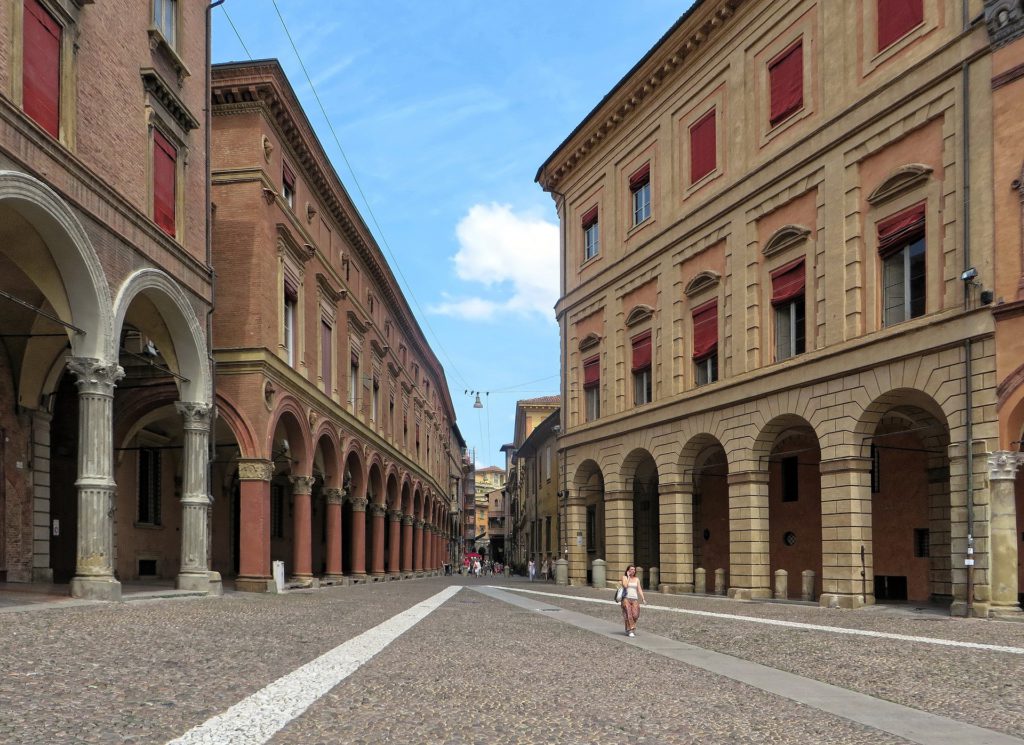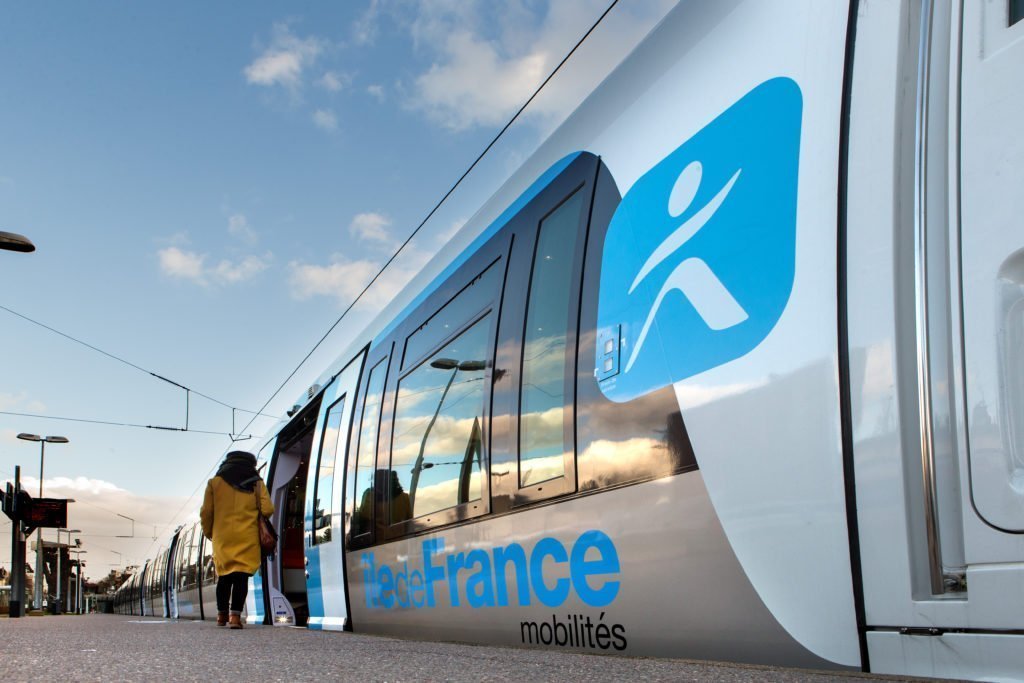New policy brief outlines role of urban nodes in Europe's transport future
A newly released policy brief provides an in-depth analysis of the vital role that urban nodes will play in the future of Europe's transport infrastructure, as outlined in the revised Trans-European Transport Network (TEN-T) Regulation.
The brief, authored by experts from the European University Institute (EUI), offers a comprehensive overview of the challenges and strategies for integrating urban nodes—cities and their surrounding areas—into the broader TEN-T framework.
Urban nodes are central to Europe’s transport strategy, serving as the key connection points where various modes of transport—rail, road, air, and maritime—converge. These nodes are essential not only for the efficiency of the TEN-T but also for the economic and social vitality of Europe’s urban centres. The recent revision of the TEN-T Regulation reflects this importance by expanding the list of urban nodes from approximately 90 to over 400, a significant increase that underscores the strategic role these nodes are expected to play.
The policy brief highlights several pressing issues that must be addressed to fully integrate urban nodes into the TEN-T. One of the primary challenges is the lack of a uniform definition and understanding of what constitutes an urban node. This ambiguity has led to coordination difficulties among the many stakeholders involved, including national governments, regional authorities, transport operators, and urban planners. The brief calls for the establishment of clear governance structures that can facilitate effective coordination and management of urban nodes, ensuring they contribute to the broader goals of the TEN-T.
To achieve this, the brief outlines a four-step roadmap: defining the nodes, identifying relevant stakeholders, coordinating their roles, and establishing robust governance structures. The authors stress the importance of a bottom-up approach in designating local coordinators, who will play a crucial role in aligning urban nodes with the TEN-T’s objectives. This approach is essential for accommodating the diverse starting points and varying levels of infrastructure maturity among Europe’s urban nodes.
Another key focus of the brief is the implementation of Sustainable Urban Mobility Plans (SUMPs), which are now mandatory for all urban nodes under the revised regulation. These plans are crucial for ensuring that urban nodes not only serve as efficient transport hubs but also contribute to the EU’s sustainability goals. By the end of 2027, all urban nodes must have a SUMP in place, with specific targets for reducing emissions, improving accessibility, and enhancing the integration of different transport modes.
The policy brief also addresses the challenges of funding and technical support, noting that the successful integration of urban nodes into the TEN-T will require substantial investment and collaboration across multiple levels of government. The European Commission is urged to provide clear guidelines and support mechanisms to help local authorities navigate these challenges.
In conclusion, the policy brief presents a detailed and strategic vision for the future of urban nodes within the TEN-T. It emphasises the need for coordinated governance, flexible strategies tailored to local conditions, and a strong commitment to sustainability. As urban nodes become increasingly integrated into the European transport network, their successful development will be critical to achieving the EU’s broader goals of connectivity, sustainability, and economic growth.
Ivo Cré, Director Policy & Projects, stated that “from the perspective of POLIS, this event marks a significant first step towards providing guidance to Member States. It also sets the foundation for capacity building and the exchange of best practices between Member States and urban nodes. POLIS recognises the importance of these initial discussions in shaping the future of urban node governance within the TEN-T framework. The neutral ground offered by the FSR facilitated dialogue and knowledge-sharing on this complex issue.
The policy brief can be accessed here, offering further insights and recommendations for stakeholders involved in the development of Europe’s transport infrastructure.
All presentations shown by the participants who attended the Forum are available here.



